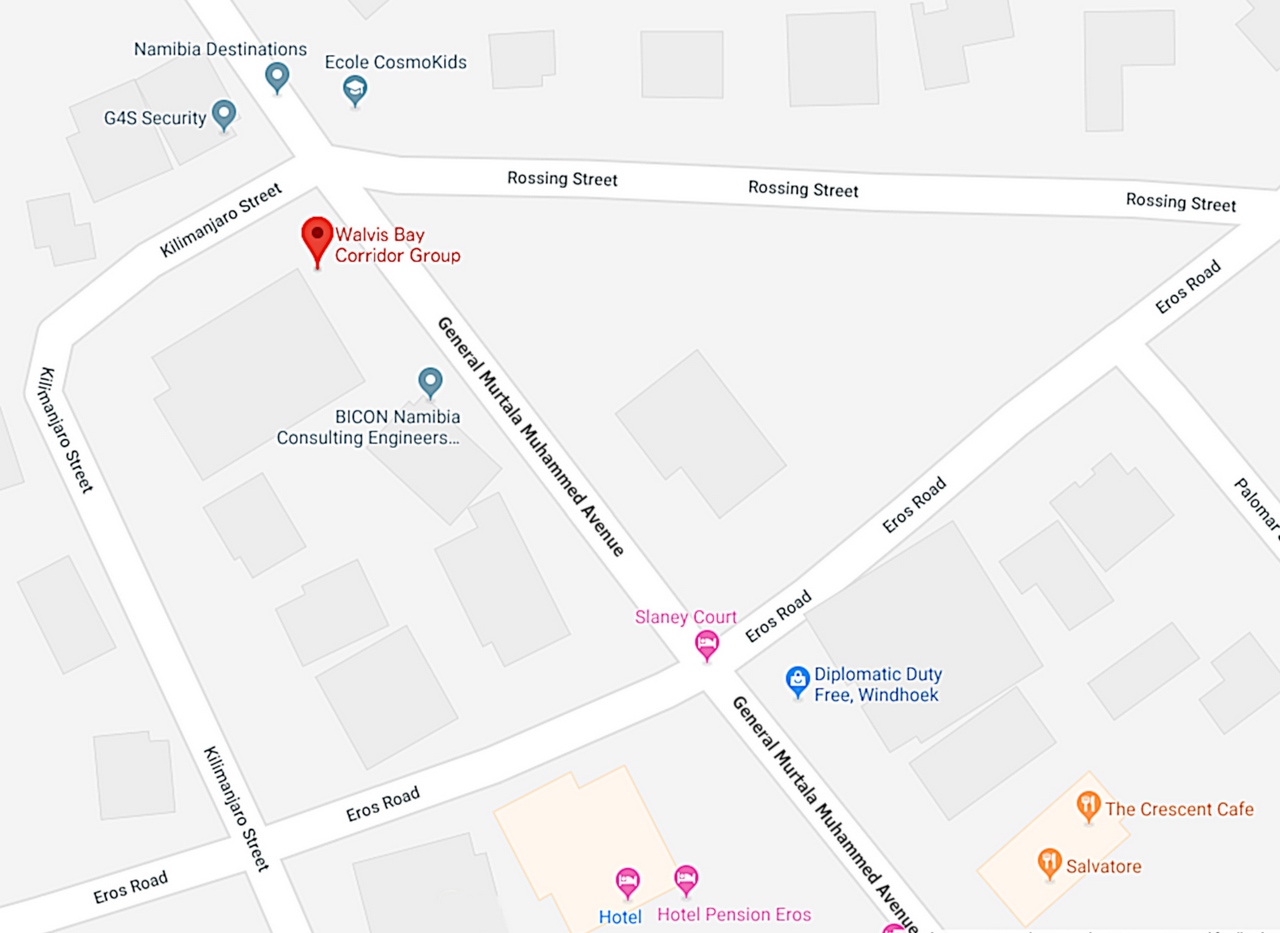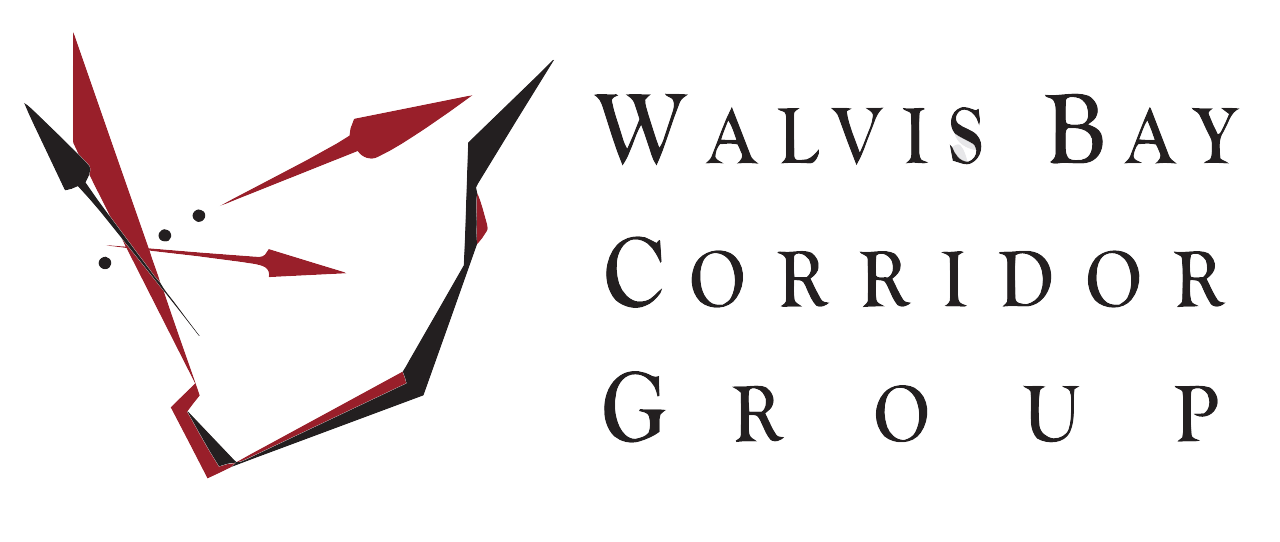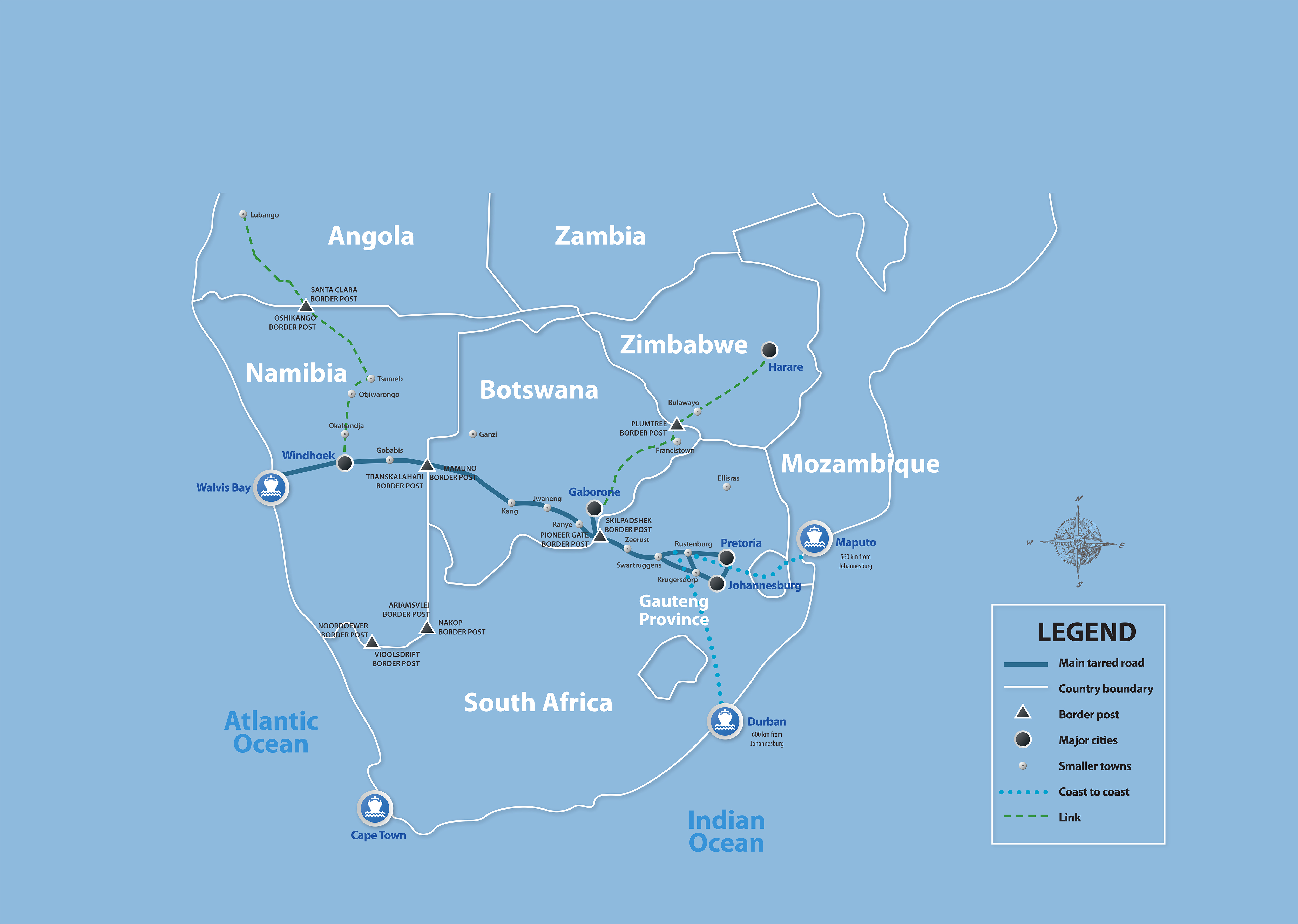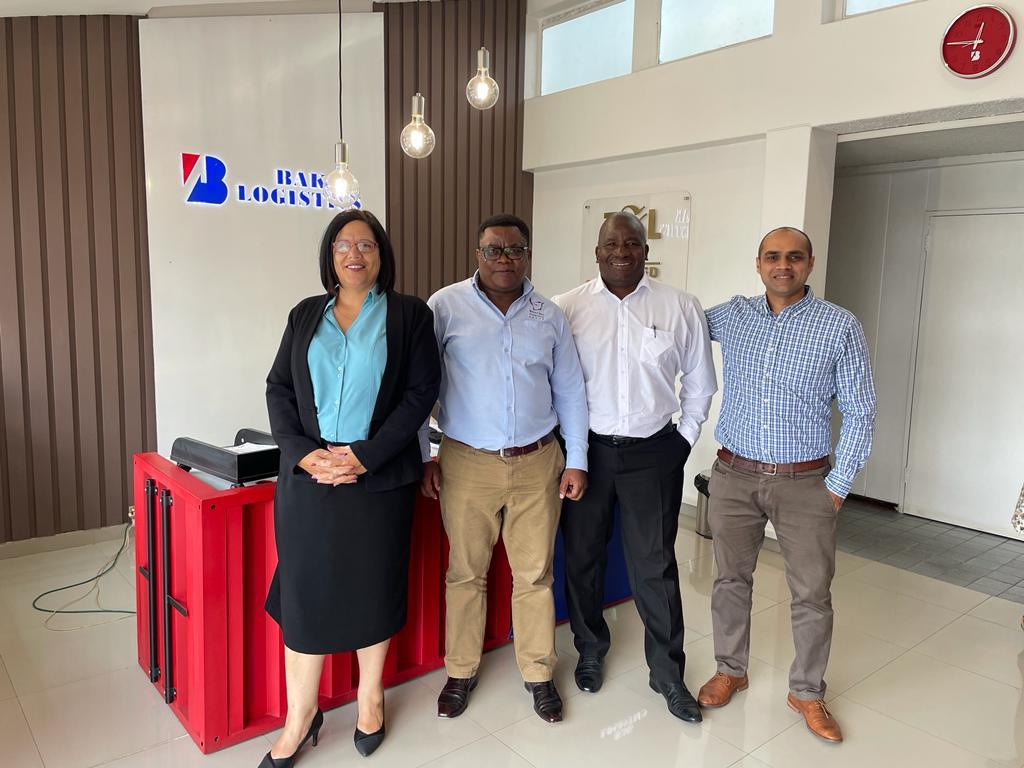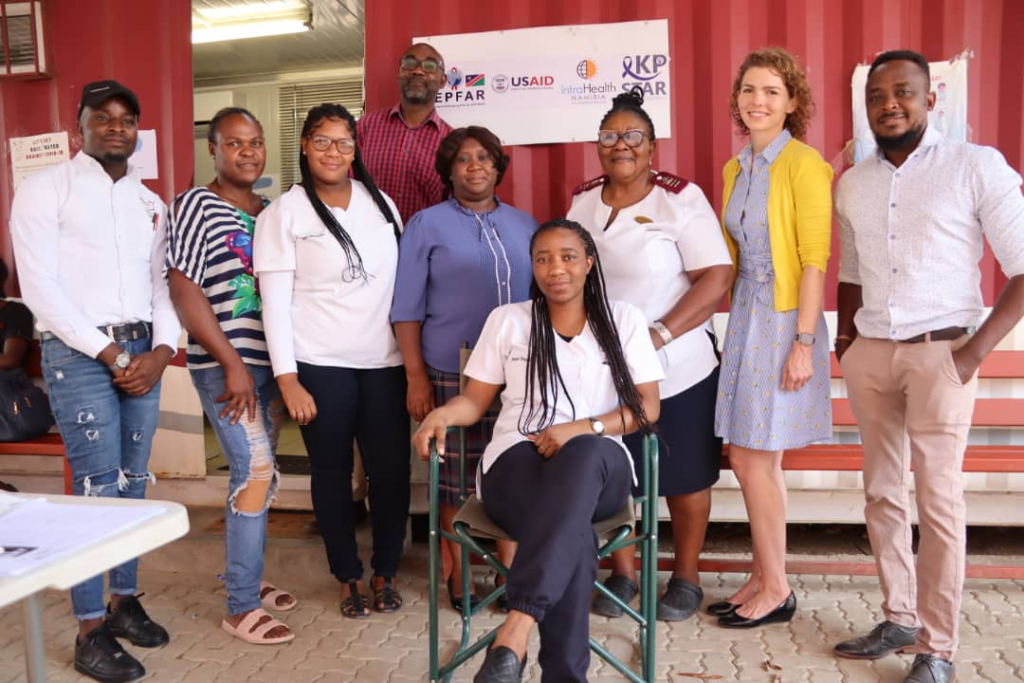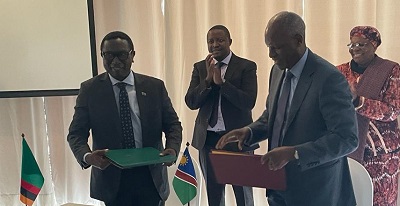Implementation to Commence on Sustainable Bush-Processing Value Chain Project
Posted: 24 May 2018
Agriculture that remains an important source of income for many rural communities in Namibia, is increasingly being threatened by bush encroachment. Quite common in Namibia, it is a form of land degradation that affects farmers by decreasing agricultural productivity.
Invasive bush species in Namibia makes large areas of land unusable and creates a problem for rural farmers. The bush infestation in Namibia affects 26 million hectares and has lead to a 60 percent decline of commercial livestock over the last 40 years, causing losses to the national economy, according to Combating Bush Encroachment for Namibia’s Development (source: www.bushencroachment.com).
The Walvis Bay Corridor Group (WBCG), as a partner to the United Nations Industrial Development Organization (UNIDO), Ministry of Industrialization, Trade and SME Development, Ministry of Agriculture, Water and Forestry, the University of Namibia and the Namibian Meat Board aims to sustainably address bush encroachment through the Bush Processing Value Chain Project.
The project, funded by the Ministry of Foreign Affairs of Finland, began its inception phase in October 2017 and is now geared for implementation. It aims to promote value-addition, employment and export-generating activities, especially in the rural areas based on local bush resources, thereby facilitating the provision of arable land for cattle and crop farming activities.
It will further produce technological and sustainable business solutions for the development and supply of acacia based products such as cattle feed, charcoal, biomass and pellets for energy purposes. The project also considers the potential environmental and social impacts on the land.
According to WBCG Spatial Development Initiative (SDI) Project Manager, Gilbert Boois, this initiative supports the vision of value-addition along the Walvis Bay corridors and promotes industrialisation in the country. “The overarching goal is development, which is institutionally and environmentally sustainable, as well as socially beneficial.”
